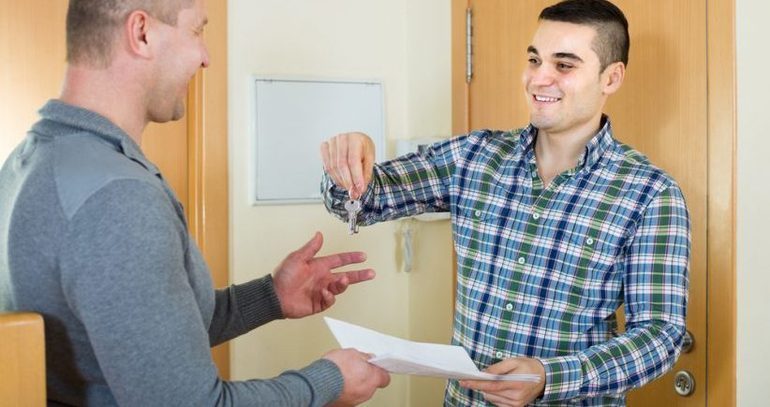Owning rental property can bring a nice return on your investment, but be sure you weigh the pros and cons before you decide to jump in and become a landlord.
Show me the money. Unlike buying a personal residence — where you might get by with putting down as little as 5 percent — a rental property purchase will require a full 20 percent down payment. Interest rates will be a bit higher, too. Also, research the rental market in the area you are considering to see what the going rental rates are. You must be able to charge enough in rent to cover your mortgage, interest, taxes, insurance and upkeep, plus allow yourself a 7 percent to 10 percent profit. If you can’t, don’t do it.
Repair and upkeep. The older the home, the more you will spend on repairs and upkeep. As a general rule, figure an annual repair cost equivalent to 1 percent of the house’s value. This raises the question of how handy are you? Can you do a lot of the fix-it stuff yourself? If so, you’ll save on some of these costs. But if you’ll be hiring out the work, you’ll be cutting into profitability.
Avoid a fixer-upper. Buying a fixer-upper means you’ll likely start with a negative cash flow before you get your first tenant and collect your first rent check. That means you will have to build the repair costs into the rent and recover it over time.
Don’t forget the tenants. Owning an investment property isn’t just about managing the property. You also have to manage the people living in it. Make sure you’re prepared to screen tenants and deal with potentially sticky situations such as late payments and damaged property.
Should you hire a property management company? If you don’t live locally, own multiple properties, or don’t have the time or fix-it skills, it might make sense to contract with a management company. You also get their expertise in managing tenants, relieving you of multiple stressors. However, it will cost you 5 to 10 percent of your rent.


